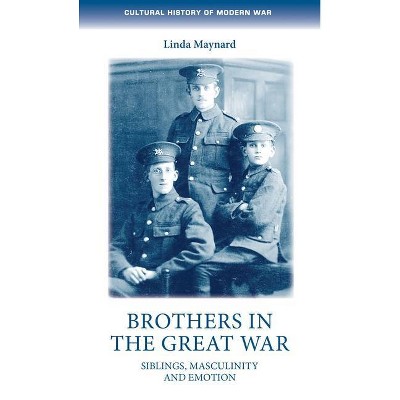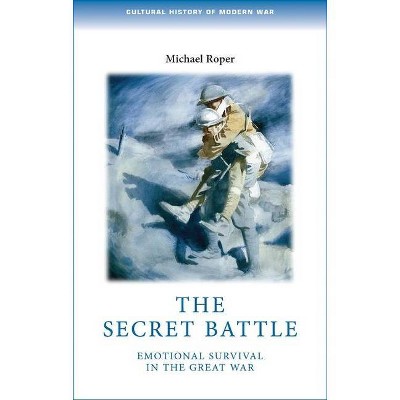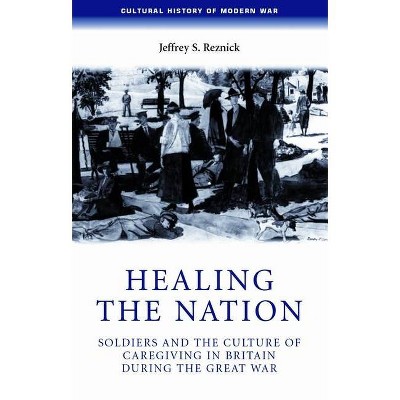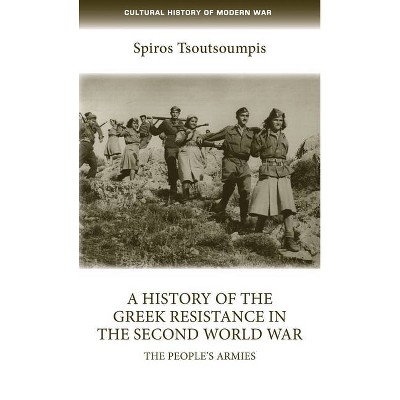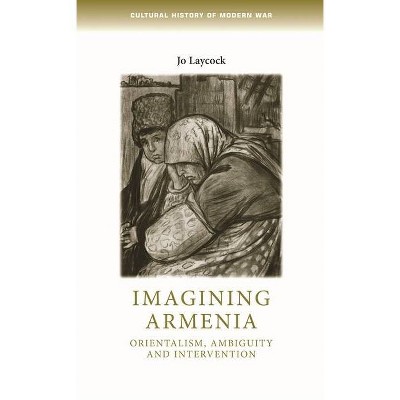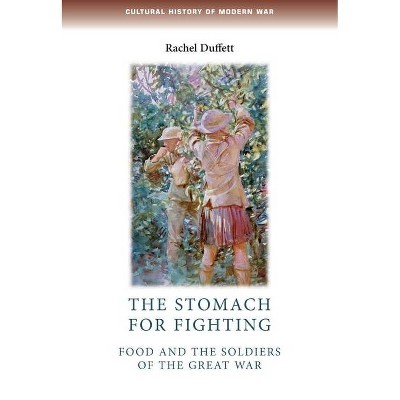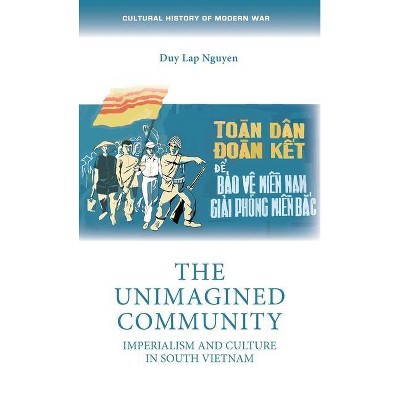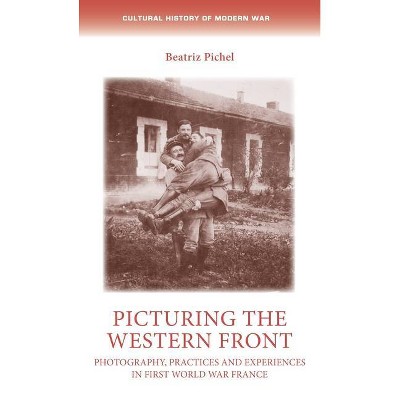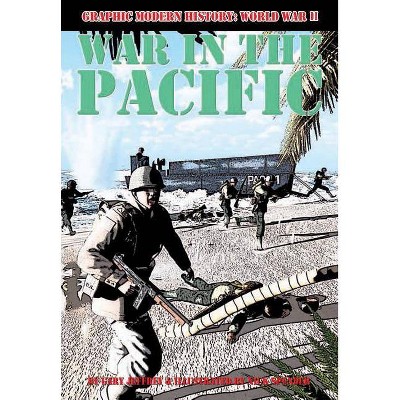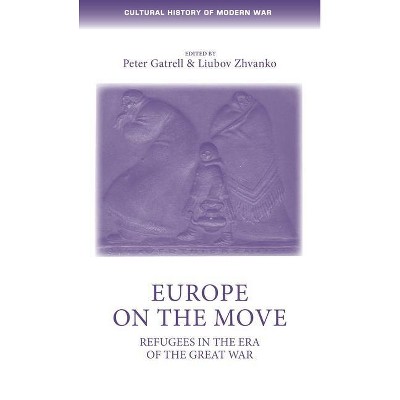Understanding the imaginary war - (Cultural History of Modern War) by Matthew Grant & Benjamin Ziemann (Paperback)
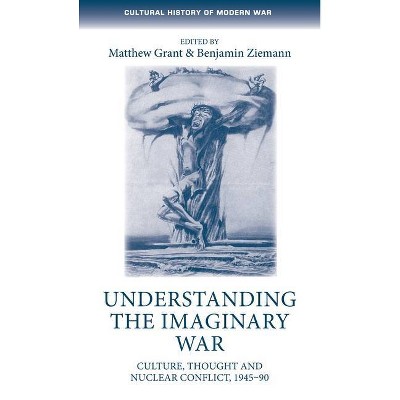
Similar Products
Products of same category from the store
AllProduct info
<p/><br></br><p><b> About the Book </b></p></br></br>Presents a comparative overview of the cultural imaginations of nuclear weapons and the anticipation of nuclear destruction. It considers representations of elements of the Cold War in popular culture and thought across Europe, Japan, USSR and the USA, providing a significant addition to Cold War historiography.<p/><br></br><p><b> Book Synopsis </b></p></br></br><p>This collection offers a fresh interpretation of the Cold War as an imaginary war, a conflict that had imaginations of nuclear devastation as one of its main battlegrounds. The book includes survey chapters and case studies on Western Europe, the USSR, Japan and the USA. Looking at various strands of intellectual debate and at different media, from documentary film to fiction, the chapters demonstrate the difficulties to make the unthinkable and unimaginable - nuclear apocalypse - imaginable. The book will be required reading for everyone who wants to understand the cultural dynamics of the Cold War through the angle of its core ingredient, nuclear weapons.</p><p/><br></br><p><b> From the Back Cover </b></p></br></br>This book offers a fresh interpretation of the Cold War as an imaginary war, a conflict that had imaginations of nuclear devastation as one of its main battlegrounds. The chapters chart imaginations, intellectual reflections and cultural representations of nuclear war in a comparative perspective. <i>Understanding the imaginary war</i> includes survey chapters and case studies on Western Europe, the USSR, Japan and the USA. Looking at various strands of intellectual debate and at different media, from documentary film to debates among physicians, the chapters demonstrate the difficulties in making the unthinkable and unimaginable - nuclear apocalypse - imaginable. Thus, the collection makes nuclear culture relevant for an understanding of the history of the decades from 1945 to 1990. The book will be required reading for teachers and students in history, cultural studies and political science who want to understand the cultural dynamics and repercussions of nuclear weapons. It will be read by everyone who wants to understand how the bomb shaped the notion of a civilization that looked into the abyss of total annihilation.<p/><br></br><p><b> Review Quotes </b></p></br></br><br><i>'Understanding the Imaginary War</i> is useful both as a historical tool, but also as a reminder that nuclear weapons still exist, and that nuclear war is still a very real possibility. If anything, the current political situation between Russia and the United States, and especially the inclusion of Article 27 in Russia's 2014 Military Doctrine relating to the possibility of using nuclear weapons to respond to a conventional attack, shows that emotions felt during the Cold War still affect contemporary relations.' April Curtis 'The book's fresh approach to the topic and wide range of perspectives will be welcomed by all with an interest in history, political science and cultural studies, and in particular by those of us interested in the Cold War and the history of nuclear weapons.' Dr Mattias Eken, University of St Andrews, <i>Reviews in History</i> 'The volume succeeds in providing a deeper understanding of the cultural responses to nuclear weapons and is an important entry in Cold War historiography, bridging the gap between political, cultural, psychological, and emotional interpretations of nuclear weapons.' Emily Gibbs, University of Liverpool, <i>Journal of Contemporary History</i><br><p/><br></br><p><b> About the Author </b></p></br></br><br><strong>Matthew Grant</strong> is Senior Lecturer in History at the University of Essex <p/><strong>Benjamin Ziemann</strong> is Professor of Modern German History at the University of Sheffield<br>
Price History
Price Archive shows prices from various stores, lets you see history and find the cheapest. There is no actual sale on the website. For all support, inquiry and suggestion messages communication@pricearchive.us
